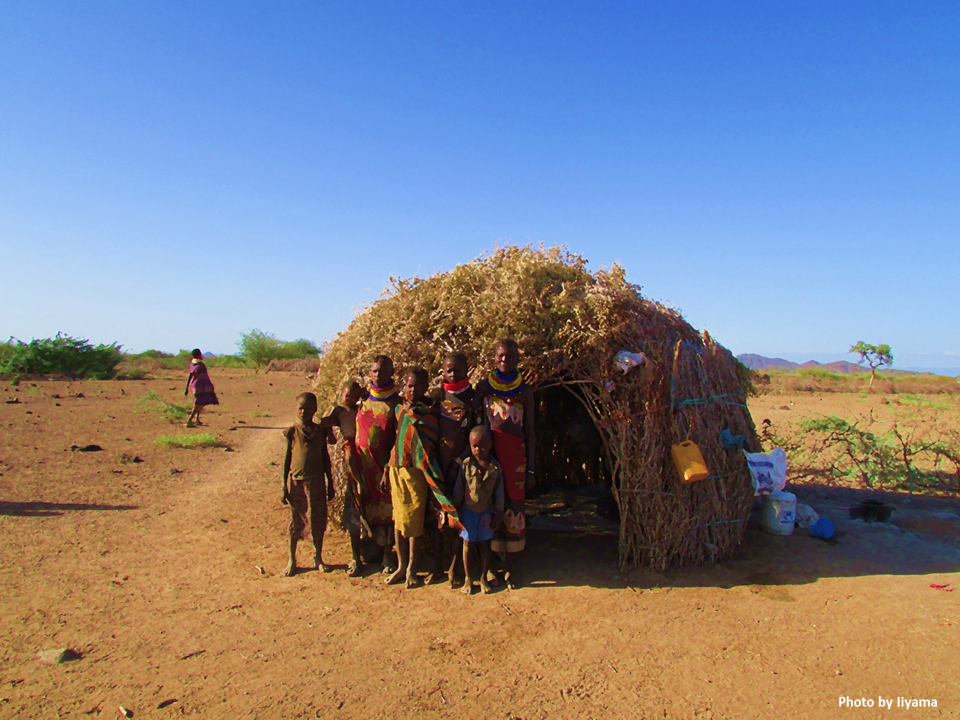Pick Up
1372. Toward Eradicating Rural Poverty

1372. Toward Eradicating Rural Poverty
The International Day for the Eradication of Poverty, observed last October 17, emphasized that ending poverty requires not just income, but also dignity, justice, and a sense of belonging. This year's theme focused on ending social and institutional abuses by ensuring respect and effective support for families, prioritizing the most disadvantaged, and building support systems that enable families to live together, thrive, and shape their futures.
Poverty remains overwhelmingly rural. More than three-quarters of the extreme poor live in rural areas, 60% of whom are children and adolescents. Rural poverty is not just a matter of low income; it also reflects deep disparities in health, education, food security, nutrition, and decent work.
Deep rural poverty is rooted in structural inequalities. Urban-rural disparities in infrastructure, markets, and access to health, education, and social security keep millions of people trapped in poverty. Many rural households rely on agriculture, which is often low-productivity, informal, and seasonal, particularly in Africa and Asia. Climate change further threatens livelihoods, increasing risks for those with the least protection.
Increasing agricultural productivity is fundamental to poverty reduction and must go hand in hand with diversification into non-farm activities such as agribusiness, tourism, and the green and digital economies. Investments in infrastructure, land, capital, training, and technology are essential to revitalizing rural economies. An integrated approach linking education, skills development, and job creation, especially for women and marginalized youth, will ensure that rural communities benefit from structural reforms.
Contributor: IIYAMA Miyuki, Information Program
